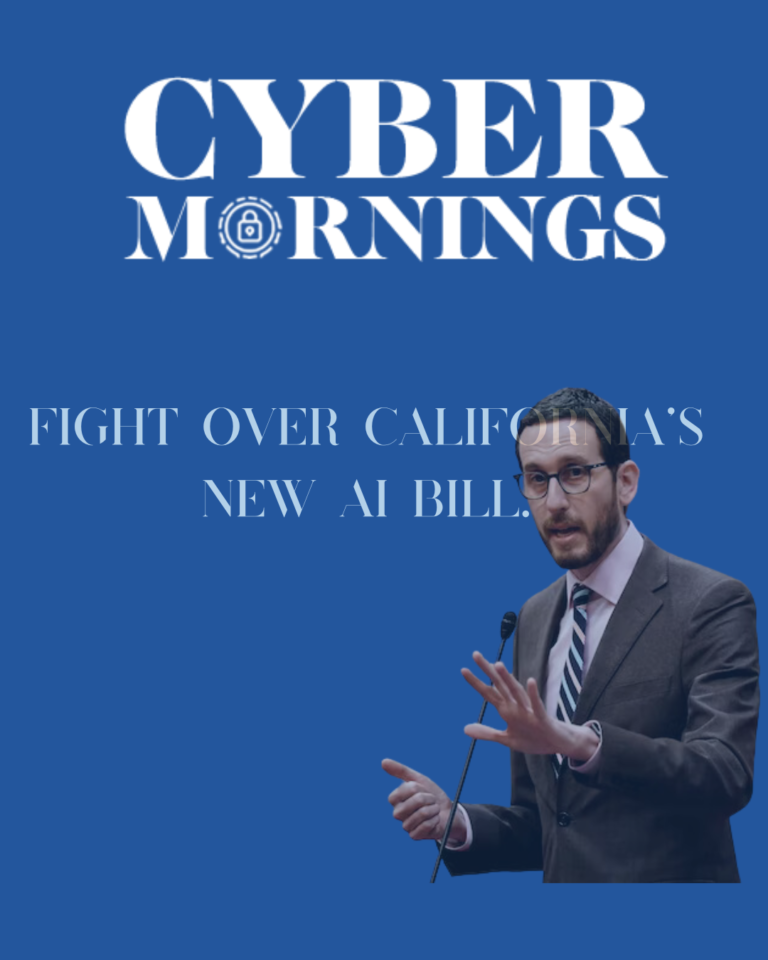
California state Senator Scott Wiener, known for his continuous work on housing and public safety, has introduced a landmark bill aimed at regulating the AI industry. The “Safe and Secure Innovation for Frontier Artificial Intelligence Models” bill, or SB 1047, requires safety testing for advanced AI models costing over $100 million and orders the capability to shut down these models if safety issues arise.
The bill has stirred arguments particularly within the tech community. Major investment firms like Andreessen-Horowitz and Y Combinator have publicly condemned it. Despite this, Senator Wiener remains resolute that California, as the epicenter of AI development, is the right place to implement these regulations.
One major concern is the bill’s provision that prohibits using AI models posing an “unreasonable risk” of critical harm. Critics argue that the term is too unclear and worry about the potential for regulatory overreach.
Senator Wiener counters that SB 1047 is a “light-touch” regulation. It doesn’t require licenses or impose strict liability, and developers don’t need agency approval to release a model. The primary obligation is to conduct safety testing and reduce any risks identified. The bill’s liability is also limited with only the Attorney General authorized to sue, unlike broader current tort law.
Another area of concern is the bill’s impact on open source AI development. Some worry that companies like Meta might refrain from releasing models due to liability fears. In response, Wiener emphasizes adjustments made to address these concerns. For example, developers aren’t responsible for shutting down models once they’re no longer in their possession. Furthermore, if significant changes are made to a model by other developers, liability shifts away from the original creators.
Critics question why Wiener is focusing on AI regulation amidst California’s other pressing issues. Wiener points to his extensive work on housing, mental health, addiction treatment, and public safety, asserting that AI regulation is also crucial. He draws parallels to past initiatives like California’s data privacy law which faced similar opposition but ultimately proved beneficial. SB 1047 aims to balance AI innovation with ensuring responsible development.
Interestingly, SB 1047 has received widespread public support. A recent poll shows that 77 percent of Californians approve the bill, with more than half strongly in favor. The state senate passed it with a decisive 32-1 vote. However, opposition is concentrated in Silicon Valley, where many fear the bill’s impact on innovation.
Wiener, representing San Francisco, feels he’s positioned to author this bill due to his close ties with AI technologists and startup founders. While he acknowledges the tension within his county, he believes in the necessity of proactive regulation.
Wiener envisions a future where AI leads to bigger advancements like curing diseases and developing clean energy solutions. However, he stresses the importance of understanding and reducing associated risks. SB 1047 aims to make sure that risks are recognized and reduced where possible, without suffocating innovation.
Wiener is confident that most people will support the bill’s balanced approach. California’s efforts could set an example for responsible AI governance nationwide.

